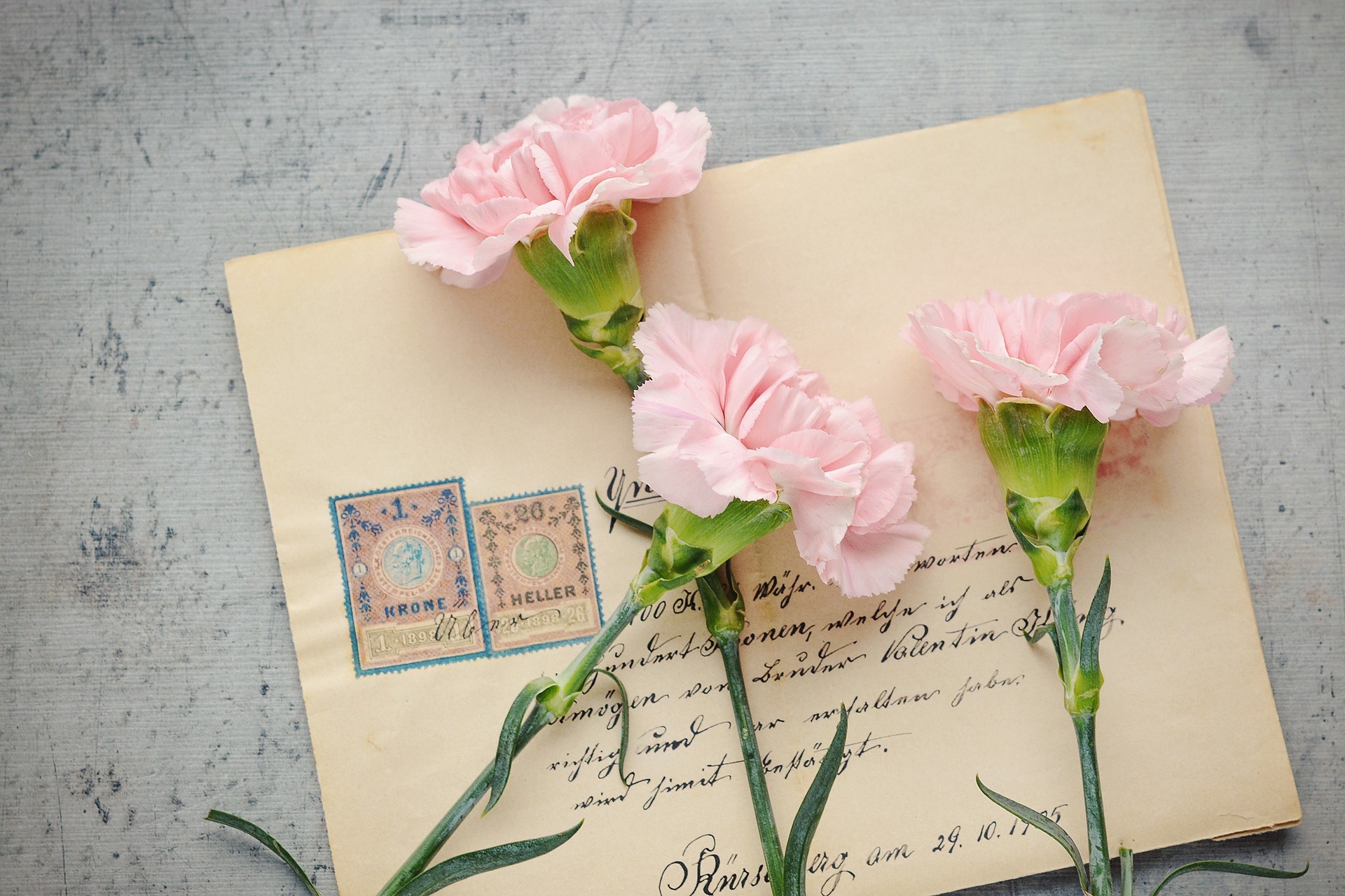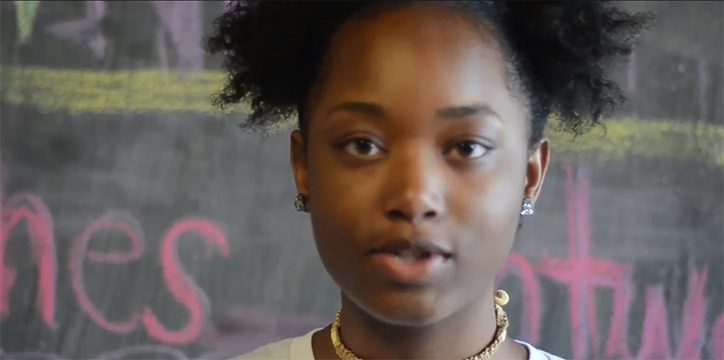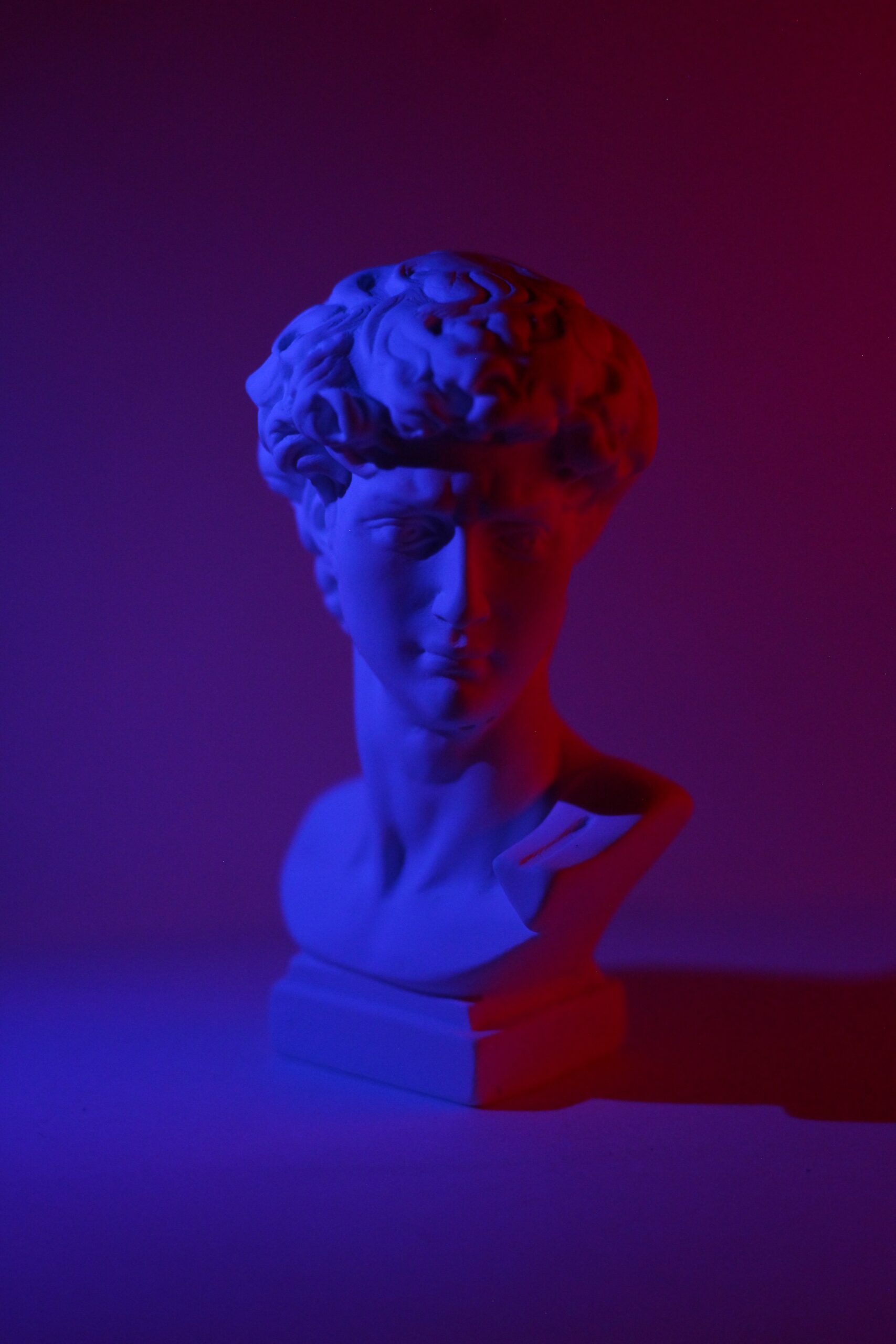FROM THE ARCHIVES: This article previously appeared in Teachers & Writers Magazine, Volume 33 Number 5, June 2002.
To a Young Poet
Never forget you are what you are making, the intricacies of feeling change in autumn-how crystal the conscious mind, how unsettled the leaves seem-and not be irritated. It may be conflict it may be personal it may be political or religious in the sense of terminology, vocabularies. You strain your muscles, the thing gets lifted and poetry is important
it’s food. The words never take you back to where you start from, but they might change the figuration of the mind and glow. You might perceive clearly the harmony if not logic which can upset, can delight and in your pantoum you showed a steady hand. If you see it, use it-in myth, in legend.
Try inversions and turn your syntax upside down, be bold and whip those verbs into new places while you cut the unnecessary-don’t court excess. It is enough, the feeling of head to heart to body to heart to head to tongue to hand, and common speech so massive and uneven, use it!
How you might say something without a preposition is swell and not to be didactic but conscious of everything that breathes is good also. You can be funny, I know it. But remember it’s exploring language: you’ll never persuade me except in agreeing the words are lovely and lovely their shapes upon the page.
Speaking of things not everyone has experienced, the implements you use to fix a roof, say, or something you saw from the vantage point of yard work is wonderful. It is the extension of the spirit of the truck you’re in at that precise time, show it and not worry about technical tangibility. I wonder you do it all the time so well and produce an effect you might console someone with, more lasting than laughter. Images and rhythms in ordinary speech are lumber in your hands and can add to the possibilities of speech too, as well as build poetry out of the realities implicit in language. You don’t need literary history but it’s nice to have along. We aren’t Europeans exactly but relish in the social world. Something of the dandy in us cares what is valuable from the past.
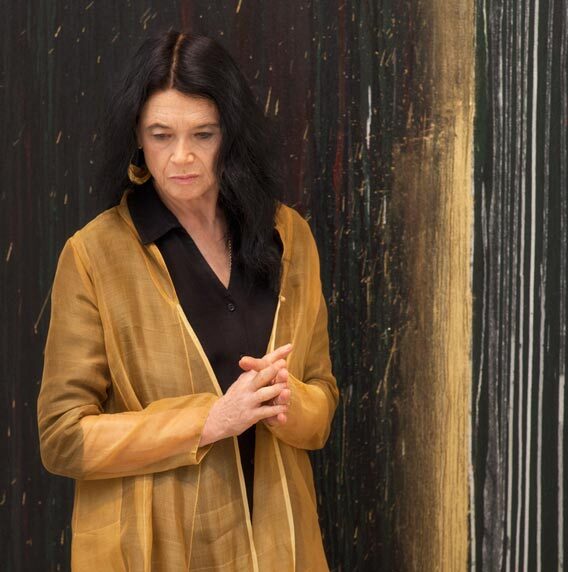
Now that you are growing up you reflect and see how to preserve what it is you arrived to and with. Deliberate and fantastic words you can condense the metaphors of and common sense gets abandoned or not, don’t let your morals show, not that you would, but unfold a magic tale. You do all this, you’ve done some of this and this to spur you to more, remember: no rules. Poetry keeps changing its stress and we might live more in our dreams than in this dangerous waking life, or not, but see the way the red hangs down from the blue, or the pink dotting along that pretty almond tree. From casual memory to the making-up of mind, from sonnet structure to the insistence of a dream and you can have a talkative poem or a visual as you prefer or wandering-ego poems where the “I” is traveling all over the place, inflated. And you can be sensual, as is seen in your poem of the anchor. Are you moved by allegory? Is it narrative you like? Try some sound poems you still stand up and sing!
ROBIN BECKER
Dear Amy:
Your postcard from the Bighorns reached me here, where spring is coming to the valleys of central Pennsylvania. I like to imagine you hiking in that range, the hush and swish of your parka and wind pants moving as you move.
I’m thinking of our conversations about what it means to be a literary citizen; well, this, too, is part of being one, allowing the rhythms of the body, of breath, to inform the complex music of imagery and sound that make the poem. Like the mountain climber who trains, month after month, for the long ascents, so you, too, are learning your craft, seeking sources for contemplation and reflection.
I think of William Wordsworth, composing these lines for “Tintern Abbey”:
The sounding cataract
Haunted me like a passion; the tall rock,
The mountain, and the deep and gloomy wood,
Their colors and their forms, were then to me
An appetite; a feeling and a love,
That had no need of a remoter charm,
By thought supplied, nor any interest
Unborrowed from the eye.
As a young person Wordsworth found himself in that Welsh landscape. Later, it was the “still, sad music of humanity” that he heard, “the sneers of selfish men.” He sought and found peace in “a sense sublime” that “rolls through all things.” Wordsworth knew we “half create” what we perceive, a notion of subjectivity that all artists embrace and which, in a contemporary context, could be considered a tenet of postmodernism. For my Russian grandmother, the miracle of animate life proved the existence of the God of the Hebrew Bible. To Him she attributed the Atlantic Ocean into which she plunged every summer and every Renaissance painting she ever loved. In another time (and with another sort of education), she might have become-a metaphysical poet, struggling to reconcile the presence of evil and death with God’s absolute goodness.
Our own artistic citizenships are protean structures that will continue to find new forms and coalesce around our individual projects. As a poet, I’ve felt a need to participate in the national conversation about poetry, in part by reading and reviewing the books of my contemporaries. Writing reviews requires that we bring our best selves to the text. We open to the figures and rhythms and stanzas and tropes of another writer and translate our responses into description and evaluation. Few tasks are more difficult. I recommend it as a way to stay in touch with your peers and to keep your expository prose fresh and sharp.
Collaborations have also enlarged my scope and taught me that artistic citizenship can include teaming up with other artists to do projects I would never have undertaken alone. Working with the artist Sally McCorkle, for instance, I learned how a sculptor thinks through a project, makes decisions, builds and hangs a show. From the beginning of our collaboration, she carried in her imagination the scale of the three museum walls we’d been assigned. She calculated the distance at which viewers would be able to read the type size we’d chosen. She weighed the pros and cons of paints (enamel or flat) and frames (metal or wood), and I was grateful for her confidence in the world of materials and tools. We learned how to learn from each other’s chosen language.
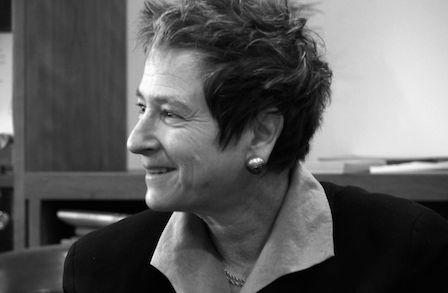
Do you remember when you first read Keats’s “Ode on a Grecian Urn”? I was in high school, visiting the antiquities at the Philadelphia Museum of Art. I couldn’t understand then the significance of the “happy melodist, unwearied, / For ever piping songs for ever new.” What, I wondered, did Keats find so moving in the lover who would never kiss his beloved or the trees that would never shed their leaves? But eventually I came to appreciate how art permits us to escape, momentarily, Time’s noose. Like the nightingale “heard/ In ancient days by emperor and clown,” the Urn connected Keats to history, the natural world, and to the art-making impulse of generations before him.
As literary citizens, we take up the ode, the elegy, and the pastoral, modes long treasured by those who consider the poet a public person, speaking on behalf of the community. We have a vehicle to praise, to enjoin with others, to “give voice,” to witness and comment on the people and events that shape our shared time on earth. We also have a means to mourn and bury our dead, which is part of our human, mortal job. The elegy is the poet’s inheritance. I offer these thoughts on literary citizenship in the spirit of shared meaning-making, in hopes that a collaboration between us (a younger and an older poet) will enrich us both. I will imagine you in Wyoming, finding sustenance in the poems you make from the landscape and from discourse with your fellow artists.

